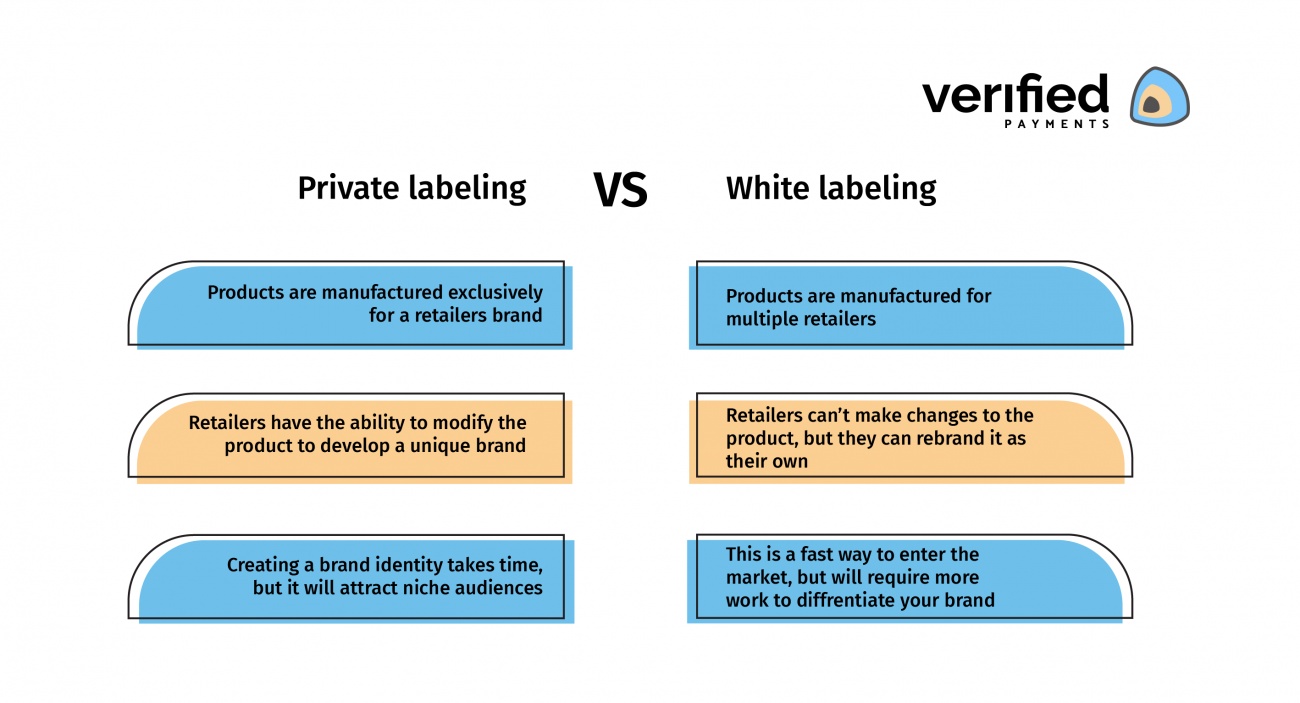Are you curious about white label and private label products? These terms are common in business. They might seem similar, but they are different. Let’s explore what they mean and how they differ.
What is White Label?
White label products are made by one company. Another company sells these products under their own brand. The original maker does not put their name on the product.
For example, imagine a factory makes cookies. They do not put their brand name on the cookies. Instead, they sell the cookies to different stores. These stores put their own brand name on the cookies and sell them.
Advantages Of White Label
- Quick to Market: White label products are ready to sell. No need to design or produce them.
- Lower Costs: You save money on production. The original maker handles it.
- Focus on Branding: You can focus on marketing and branding. The product is already made.
Disadvantages Of White Label
- Limited Customization: You cannot change the product much. It is already made.
- Shared Products: Other companies might sell the same product. It can be hard to stand out.
What is Private Label?
Private label products are made for a specific company. This company designs and sells the product. The product is unique to that company.
For example, a store might design a new type of shampoo. They hire a factory to make it. Only that store sells this special shampoo.
Advantages Of Private Label
- Unique Products: Your products are unique. No other company sells the same thing.
- Customization: You can design the product your way. Add special features or ingredients.
- Brand Loyalty: Unique products can build brand loyalty. Customers come back for your special items.
Disadvantages Of Private Label
- Higher Costs: Designing and producing products can be expensive. It costs more than white label.
- Longer Time to Market: It takes time to design and produce new products. You cannot sell them right away.

Credit: verifiedpayments.com

